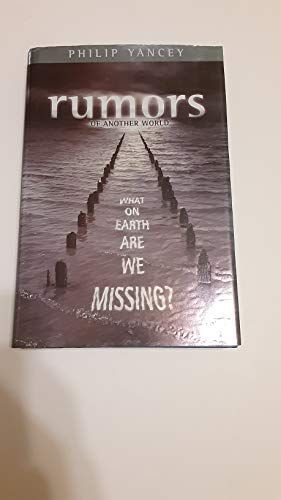
Reviews
Fred Rivett@fredrivett
Magdalene Lim@magdalene
Akinwale Oshodi@akoshodi
Highlights
Fred Rivett@fredrivett
Fred Rivett@fredrivett
Page 242
Fred Rivett@fredrivett
Fred Rivett@fredrivett
Fred Rivett@fredrivett
Fred Rivett@fredrivett
Fred Rivett@fredrivett
Fred Rivett@fredrivett
Fred Rivett@fredrivett
Fred Rivett@fredrivett
Fred Rivett@fredrivett
Fred Rivett@fredrivett
Fred Rivett@fredrivett
Fred Rivett@fredrivett
Fred Rivett@fredrivett
Fred Rivett@fredrivett
Fred Rivett@fredrivett
Fred Rivett@fredrivett
Fred Rivett@fredrivett
Fred Rivett@fredrivett
Fred Rivett@fredrivett
Fred Rivett@fredrivett
Fred Rivett@fredrivett
Fred Rivett@fredrivett